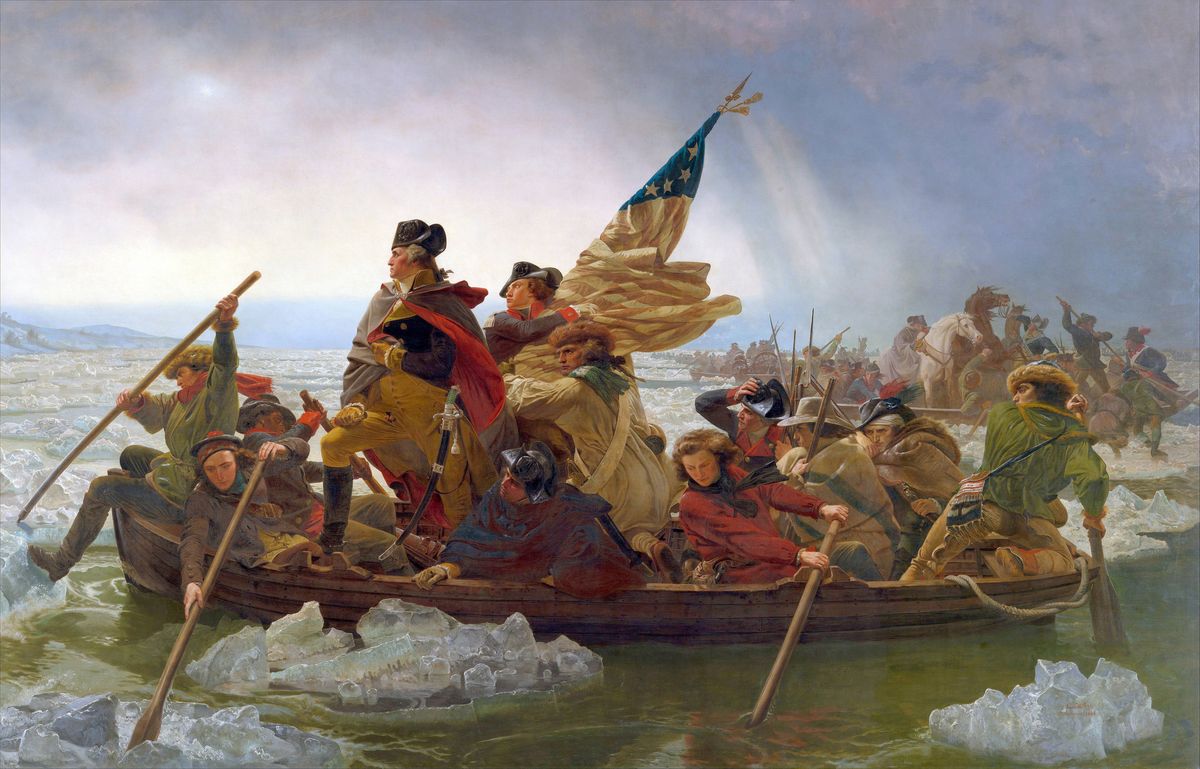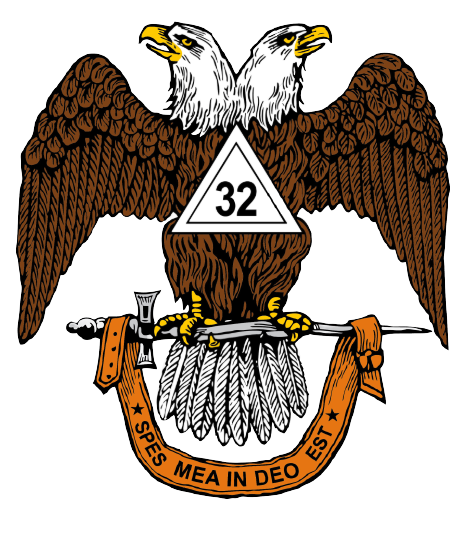Are We Great Men of History?

"The history of the world is but the biography of great men" - Thomas Carlyle, 19th-century Scottish philosopher, and historian.
The "Great Man of History" theory is a concept in historiography that suggests that history can be largely explained by the impact of "great men" or heroes—highly influential individuals who, due to their personal attributes, intelligence, wisdom, or political skill, shaped the course of history in a decisive way. How different would America be today without the likes of George Washington, Andrew Jackson, or Teddy Roosevelt?
In Freemasonry, our rituals are centered around the actions of great men, of whom we embody and are taught to emulate. Throughout the Scottish Rite there are many stories where “heroes” use their wisdom and courage to perform some great deed. Our blue lodges are dedicated to two great men, the holy Saints John, in whose honor we are meant to have large feasts twice a year. We are repeatedly taught how the actions of one man can have an outsized impact on the world.
At its core, Freemasonry is a system of self-improvement for the individual, done so in a fraternal context. By improving the individual, we thus improve his family, his community, his country, and ultimately the world. You have all heard that Masonry takes “good men and makes them better.” If we are to truly change the world, perhaps we should seek to make men great, and provide enough value that great men choose to join our fraternity.
We often promote the many great men of history that we are honored to call brothers. It’s hard to have a discussion about Freemasonry with a non-member without mentioning a few of our more famous members. When thinking about these brothers, we must ask ourselves: did Masonry make them great, or were they already great men who decided to join knowing that Masonry could be of value to them?
In Tennessee, many of our greatest achievements as a fraternity were done so when we had a much smaller membership. We built a widows and orphans campus, a college, and beautiful temples that would be almost impossible to build today. While the membership as a whole contributed, more often than not these feats were the work of a handful of brothers. These were men who set out to accomplish great and important undertakings. Ultimately, it was the quality of the brethren, rather than their quantity, that truly mattered.
Pike states that Masonry will achieve its ultimate mission, its “holy empire,” when we stay true to our mission and have great men to lead us. Where will these great men come from? Are we building the great men of tomorrow? Are we “great men of history?” If not, what must we do to show the great men of our day that Freemasonry is worth their time? How much better would the world be if more of its leaders were influenced by our royal art?
It is not merely the title of "Great Men of History" that we should aspire to, but rather the pursuit of greatness through the transformative power of Freemasonry. Let us commit to nurturing the potential within ourselves and our brethren, in hopes of creating a brighter future for the world. For it is within the hallowed halls of our fraternity that we find the tools to forge tomorrow's great men, and it is through our collective efforts that we will truly shape the course of history.
J. Ryan Turbeville, 32° K.C.C.H
Nashville Valley Scottish Rite
